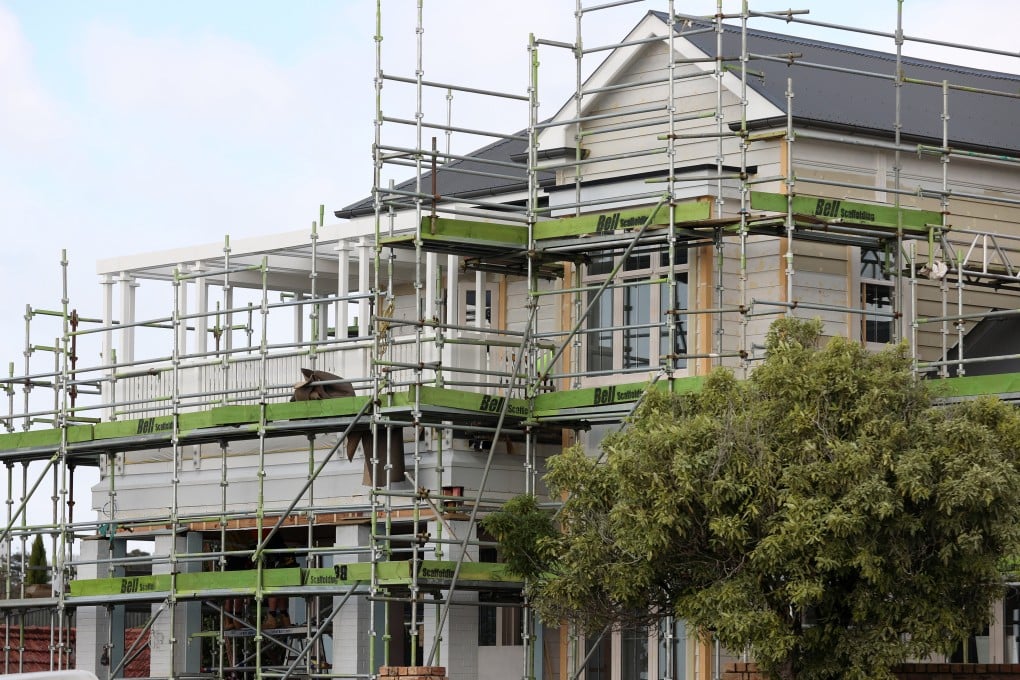Advertisement
The View | New Zealand’s housing reforms lead the way on tackling affordability and speculation
- The Ardern government has exceeded its peers by not shying away from policies that address the underlying causes of excessive price appreciation
- Countries that have resorted to scapegoating foreign investors or been reluctant to antagonise wealthy homeowners should learn from the Kiwi example
Reading Time:3 minutes
Why you can trust SCMP

There are housing bubbles all over the place. The most epic one by far is in New Zealand. Even before the Covid-19 pandemic erupted, house prices were outpacing those in other advanced economies, notably Australia and Canada, two of the world’s hottest property markets.
However, since the virus struck, the surge in New Zealand’s home values has been off the charts. According to data from Knight Frank, they have risen a further 41 per cent in 2020-21, the second-fastest rate in the world after Türkiye, whose stratospheric inflation rate masks the much lower increase in real terms.
The persistent price gains have exacerbated New Zealand’s housing affordability crisis. According to the International Monetary Fund, the country ranks first in Asia in terms of increases in price-to-income and price-to-rent ratios since 2015 and is in the top six globally.
Advertisement
Just like other countries suffering from unsustainable housing booms, successive governments pledged to make homes more affordable but achieved little. For a while, it appeared Prime Minister Jacinda Ardern’s Labour-led government, which came to power in 2017 promising to fix the housing crisis, would go the way of its predecessors.
Not only was it forced to abandon its original target of building 100,000 affordable homes within 10 years because of poor take-up, prices continued to soar following a decision in 2018 to ban most foreigners from buying existing properties.
Advertisement
Yet, in the past few years, New Zealand has grasped the nettle of housing reform. A slew of meaningful measures that tackle the key drivers of the boom have catapulted the country to the forefront of policy action to rein in speculative demand and help increase affordability.
Advertisement
Select Voice
Choose your listening speed
Get through articles 2x faster
1.25x
250 WPM
Slow
Average
Fast
1.25x
